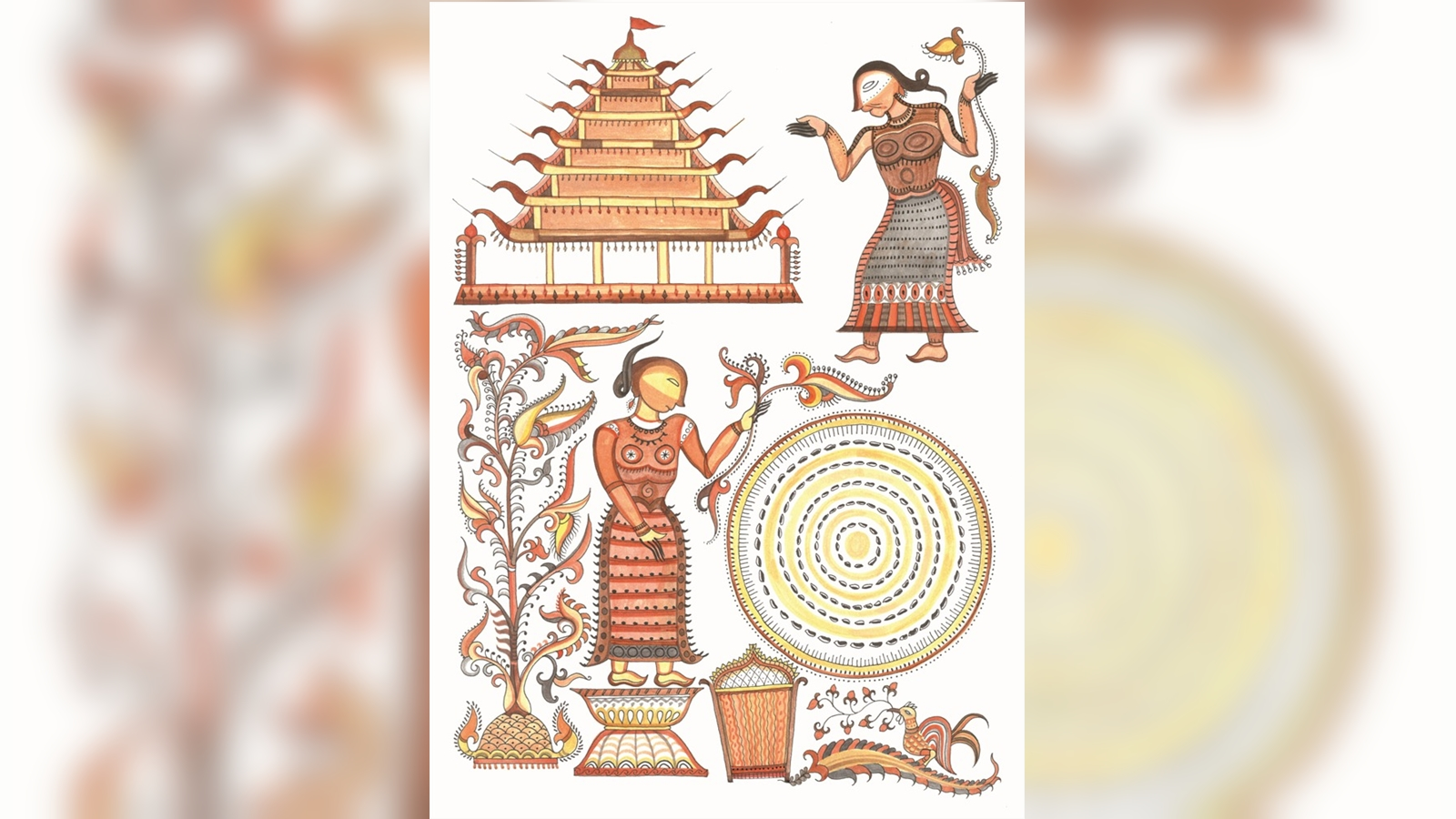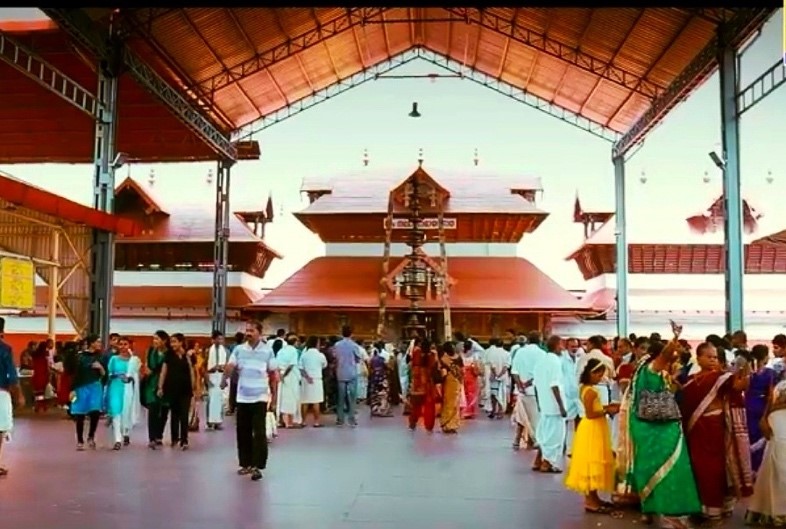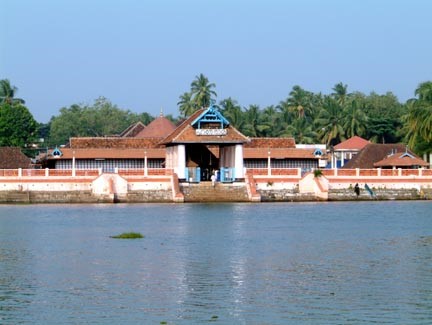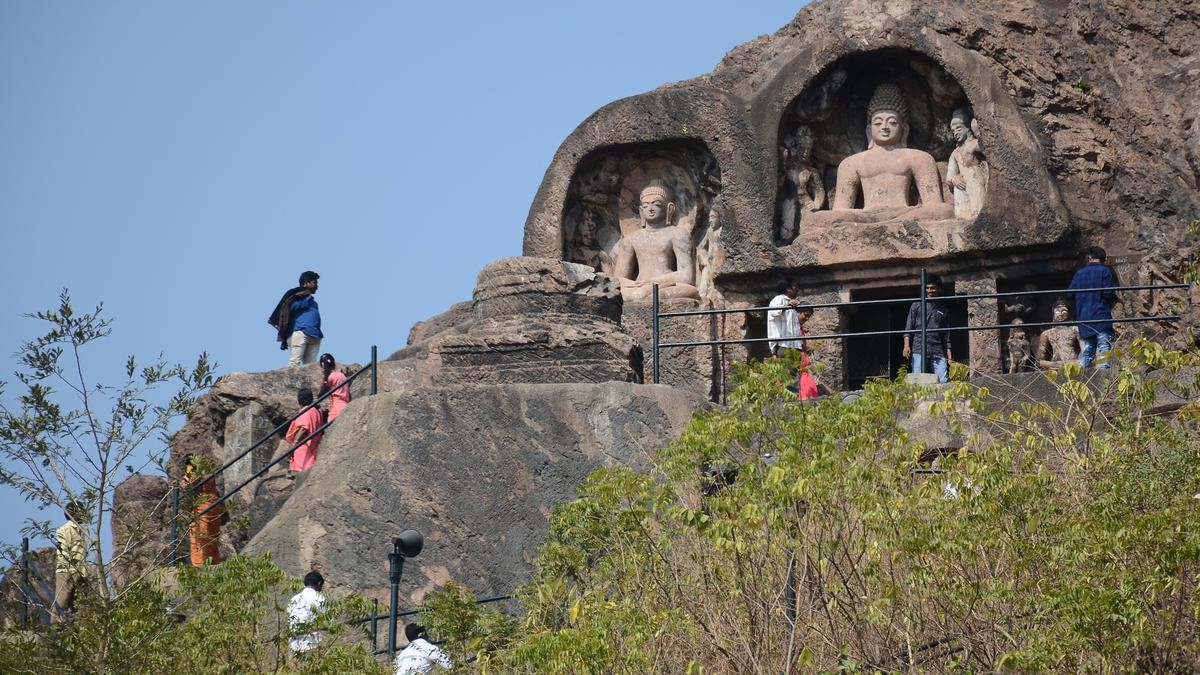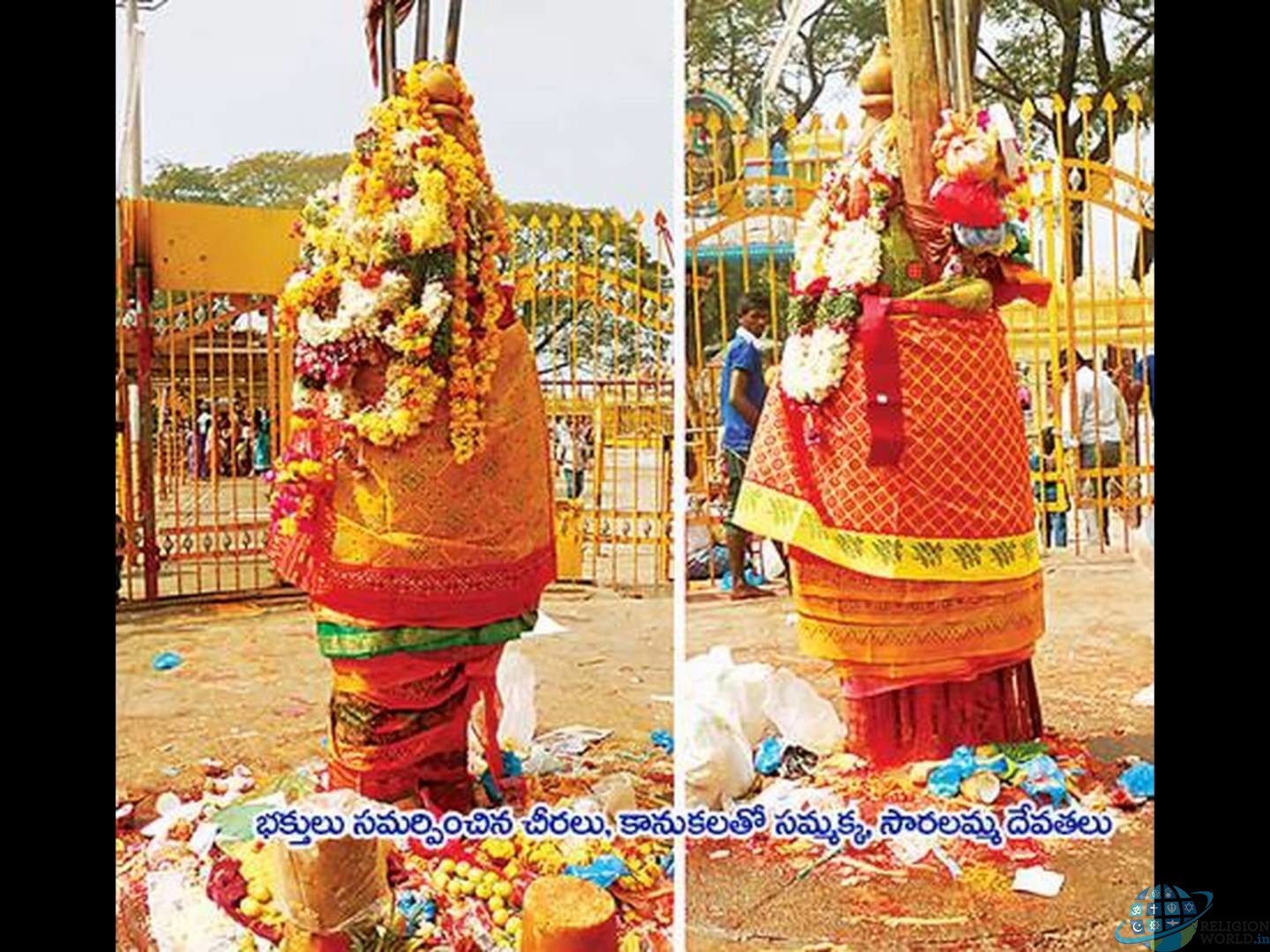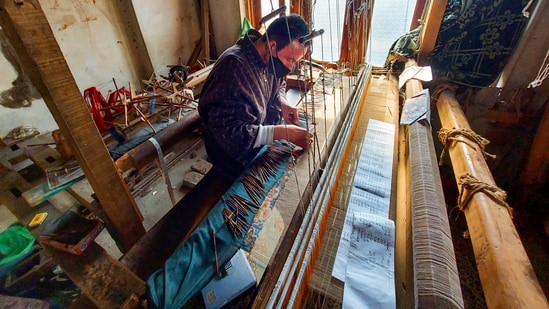Description
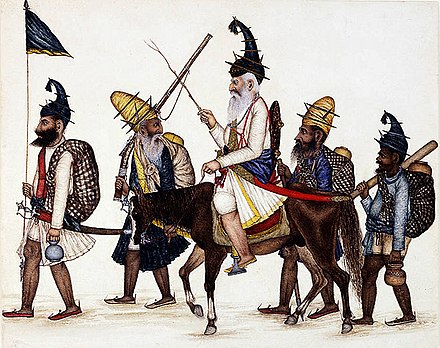
Copyright infringement is not intended
Context: The Prime Minister has greeted everyone especially the Sikhs on the special occasion of Khalsa Saajna Diwas.
About Khalsa:
- It refers to both a community that considers Sikhism as its faith, as well as a special group of initiated Sikhs.
- The Khalsa tradition was initiated in 1699 by the Tenth Guru of Sikhism, Guru Gobind Singh after his father, Guru Tegh Bahadur, was beheaded during the Islamic sharia rule of the Mughal Emperor Aurangzeb.
- Guru Gobind Singh created and initiated the Khalsa as a warrior with a duty to protect the innocent from Islamic religious persecution.
- Its formation was a key event in the history of Sikhism.
- The founding of Khalsa is celebrated by Sikhs during the festival of Vaisakhi.
- It created a new institution for the temporal leadership of the Sikhs, replacing the earlier masand system.
- The Khalsa provided a political and religious vision for the Sikh community.
- Upon initiation, a Khalsa Sikh was given the titles of Singh (male) meaning lion and Kaur (female) meaning princess.
- The rules of life, included behavioral code (Rahit, such as no tobacco, no intoxicants, no adultery, no Kutha meat), no modification of hair on the body, and a dress code (Five Ks).
- Guru Gobind Singh Ji initiated the Five K's tradition of the Khalsa,
- Kesh: uncut hair.
- Kangha: a wooden comb.
- Kara: an iron or steel bracelet worn on the wrist.
- Kirpan: a sword.
- Kachera: short breeches.
- The four prohibitions or mandatory restrictions of the Khalsa or life of Khalsa at the time of Guru Gobind Singh Ji are:
- Not to disturb the natural growth of the hairs.
- Not to eat the kutha meat of any animal.
- Not to cohabit with a person other than one's spouse.
- Not to use tobacco, alcohol or any type of drugs.
https://pib.gov.in/PressReleasePage.aspx?PRID=1816820








